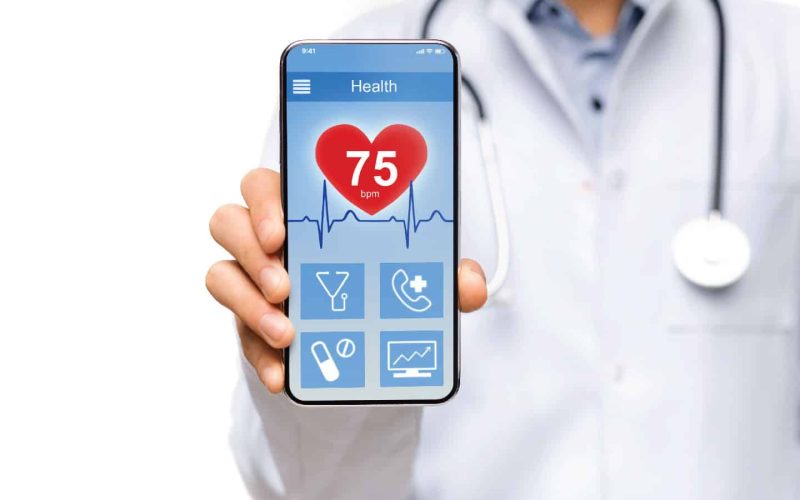What is Mobile Health and Why is it Important?
Mobile health, or mHealth, is a term you might have heard before. It’s all about using mobile devices like smartphones and tablets for health-related purposes. These can range from apps that help you keep track of your exercise and diet, to more advanced systems that doctors use to monitor patients remotely.
The idea of mHealth has been around for a while, but it’s only in recent years that it’s really taken off. Big tech companies like Apple and Samsung have started adding health features to their devices, and there’s been a surge in the number of health and wellness apps available.
The Impact of AI and Big Data on Mobile Health
One of the things driving the growth of mHealth is the rise of artificial intelligence (AI) and big data. These technologies are helping to make sense of the huge amounts of health data that are being collected, and are opening up new possibilities for diagnosis and treatment.
For example, AI can help analyze patterns in a patient’s health data to spot early signs of disease. Big data analytics, on the other hand, can help healthcare providers understand wider trends and patterns across their patient population.

The Future of Mobile Health
So, what does the future hold for mHealth? Well, it’s clear that the trend is towards more personalized, data-driven healthcare. This could mean apps that help you manage chronic conditions like diabetes, or wearable devices that monitor your heart rate and other vital signs.
The use of AI and big data will also continue to grow, helping to make sense of the huge amounts of health data that are being collected. And as our understanding of mental health conditions improves, we can expect to see more apps and solutions aimed at helping people manage their mental wellbeing.
Benefits of Mobile Health Solutions:
1. Personalized Care: Mobile health apps can provide personalized advice and support based on your own health data.
2. Improved Communication: These apps can make it easier to communicate with healthcare providers, and can help ensure that you get the care you need when you need it.
3. Better Health Management: By giving you more control over your health data, mobile health solutions can help you manage your health more effectively.
4. Increased Accessibility: Mobile health apps can make healthcare more accessible, particularly for people living in remote areas.
5. Cost Savings: By helping to prevent disease and manage chronic conditions, mobile health solutions could potentially help to reduce healthcare costs.
Remember, while mobile health solutions can be incredibly useful, they’re not a substitute for professional medical advice. Always consult with a healthcare provider if you have any concerns about your health.










